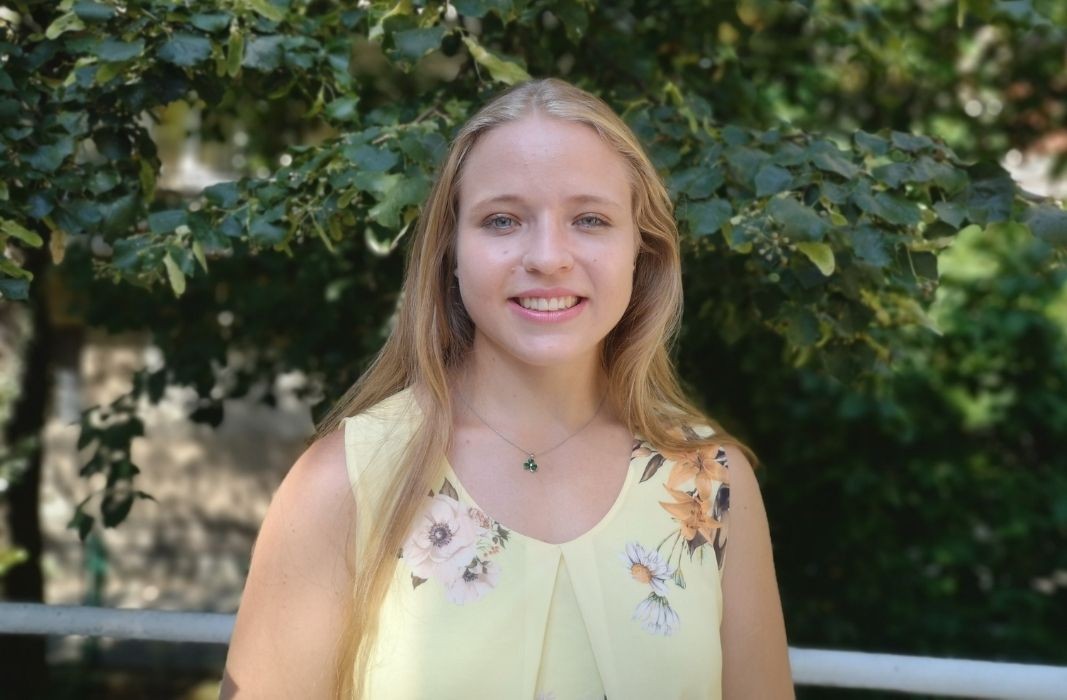Bulgarian students are excited about September 15 when they will go to the classrooms for the first time after the beginning of the Covid-19 pandemic and the state of emergency. Along with the joy of meeting their classmates again, a problem has been gaining momentum in the recent years- school bullying.
Physical and psychological violence have become a daily routine for some adolescents. According to a survey of Animus Association Foundation, over 80% of the children in Bulgaria say they were already subject to harassment in school. “The big question is what parents should do to support their children”. Maria Chomarova, Director of Animus Association Foundation told Radio Bulgaria and added:
“The school environment is quite mixed with the virtual one. The sense of limit and measure in children is further blurred by the virtual communication. Bullying has spread from school to the social networks and vice versa. There is a huge reason for concern, because everyone can tell lies, slander or insult others. In all honesty, it is difficult to be a child nowadays! In my view, the problematic situation should be discussed in the family first and then the victims of school bullying should turn to us.”
The problem of violence is predominantly psychological. People feel fear. The more they fear, the easier they become object of violence. There is something else victims of violence use as protective mechanism- they repeat a given situation unconsciously, in order to overcome it. A child that has already become subject to school bullying very easily falls in the same situation again, even if parents move it to another school. That is why we recommend that parents consult with an expert, rather than merely move their kids to another school.”
Martina Ptachkova was also bullied at school, but managed to overcome the problem with the help of her parents… and of martial arts.

Martina is a Czech national and a goodwill ambassador of Czechia. She tries to help young people. For the purpose, she has developed a whole methodology for children who become victims of bullying, which has been used successfully in her home country. Her methodology is based on psychological support and application of special techniques of self-defense: “It is very important to be physically well- prepared so that you know how to defend yourself in a critical situation!”- Martina says and adds:
“We teach children and women how to react in different situations. For example, if someone pushes them or knocks them to the ground, we teach them how to stand up, in order to avoid further aggression. We teach them how to use different techniques when for instance someone tries to slap them or attack them frontally, or uses violence to kiss them against their will.”

Martina already met with representatives of the Sofia Municipality and Animus Association Foundation, in order to promote her method for preventing violence in Bulgarian schools.
English version: Kostadin Atanasov
Photos: Pixabay, Veneta NikolovaThe diplomas from the 11th master class in radio journalism of the Bulgarian National Radio – BNR Academy were awarded at a solemn ceremony on November 14. The lectures and practical classes in modern forms of radio journalism build on the professional..
Italy investigates claims of hunting of people in Sarajevo in the 1990s The prosecutor's office in Milan has launched an investigation into shocking reports of organized "sniper safaris" in Bosnia during the war in..
Albania and Bulgaria have joined forces in the name of one more child being born. In the late afternoon of November 7, the first-ever free reproductive medicine checkups, led by Bulgarian specialists, began in the Albanian town of Korçë — a region..

+359 2 9336 661
